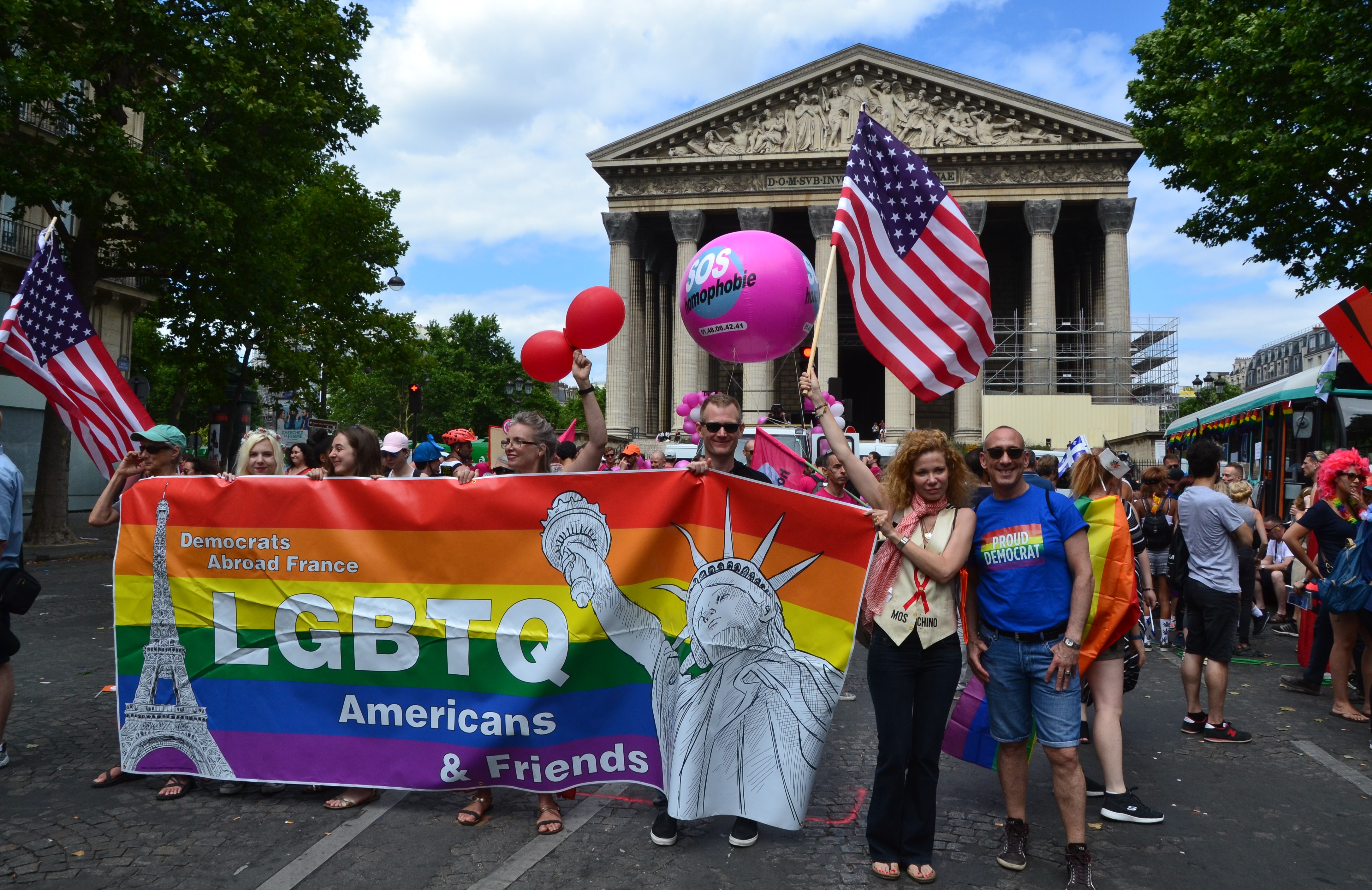This past week the Supreme Court heard at least three cases that might be troubling for members of the LGBTQ+ community, as it deciphers laws that might allow employers to fire workers for sexual orientation or gender identity, all on a week that ends with a national holiday celebrating LGBTQ+ pride.
Gerald Bostock was a child-welfare coordinator for Clayton County, Georgia, a job that he had held for ten years without incident when he was unceremoniously fired after joining an LGBTQ softball league back in 2013.
Aimee Stephens was a funeral home director in Livonia, Michigan when she was let go after she, at the time identified as a man and then decided to come out as a transgender woman in 2012.
“I stood in the backyard for an hour with a gun to my chest, but I couldn’t do it,” she said in a report from NPR, describing what it felt like to live as an identity she didn’t feel comfortable in for 51 years.
Stephens was fired two weeks after giving a letter to her boss. The letter was written and delivered to her boss and co-workers, with her intent being to come out completely to them.
Related Articles
She said in a report by NPR that she worked on the letter for eight months and that although she knew that many of her coworkers would find it hard to grasp, that she had to live with it every day.
“I have realized that some of you may have trouble understanding this,” she wrote. “In truth, I have had to live with it every day of my life, and even I do not fully understand it myself.”
In a videotaped interview with his lawyers, Tom Rost, Harris Funeral Homes’ owner said that he was concerned with how families of the deceased would react to Stephens who was “the face of the funeral home.”
According to a report by Vice News, Stephens’ transition went against “God’s commands.”
The plaintiffs in the case argued last Tuesday, Oct. 8 that they’re protected under law by Title VII of the 1964 Civil Rights Act, a federal law that should, in theory, protect them from workplace discrimination nationwide, despite gaps in several states across the nation that don’t provide protection for gender identity or sexual orientation.
This is all taking place the same week as National Coming Out Day, which was last Friday, Oct. 11, a day founded in 1988 with the intent to promote pride and awareness amongst the LGBTQ+ community, and with the belief that a world that lives in silence is a world in which homophobia and bigotry are allowed to grow.
Sinclair held their own event this past Wednesday, Oct. 9 in the Library Loggia, with panels led by members from Brite Signal Alliance, an on-campus group for members of the LGBTQ+ community as well as allies that was founded in 2009.
“Support. Support. Support.” Said Sky Burke, Brite Signal Alliance President, of what allies can do for people in the process of coming out.
“Support through every single step…if it does go south be ready for them, be ready to support them in whatever way that they need.”
“Support can even be little things,” said KC Shrunks. “Just going, ‘Hey, I see you, I accept you and I thought you would like this.’”
Richard Foltz
Executive Editor

